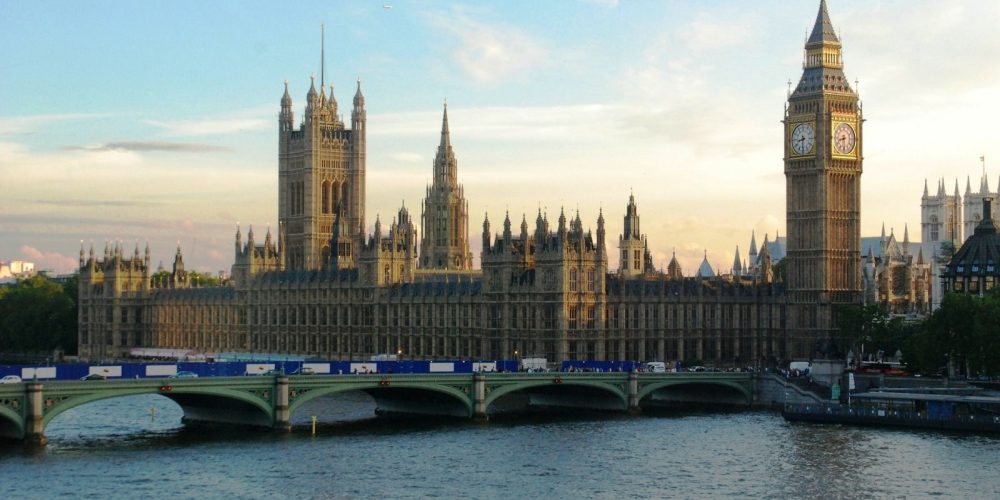
NSA Chief Executive responds to Minster’s continued dismissal of concerns over trade deals
2nd September 2022
Phil Stocker this week responded to comments from Britain’s Minister for International Trade, Anne-Marie Treyelyan, who again said farmers’ concerns over trade deals with Australia and New Zealand were misplaced. The Minister told the Financial Times in an interview during a trip to Australia that the deals would help curb inflation in Britain by “stripping away” tariffs on imported goods. She said the UK had built safeguards into the free trade agreements in the form of quotas over a period of 15 years to act as a “sliding scale” to rebalance Britain’s agricultural economy after Brexit, highlighting that New Zealand, for example, already has a large quota for lamb exports to the UK that it does not use because most of its meat is sold in Asia.
In response Phil says: "The UK Trade Minister cannot understand the intricacies of the UK sheep industry if she truly feels ours concerns are misplaced. To talk of a 15 year transition period suggests we are comfortable with where this could transition us to, and in a worst case scenario we will have trade deals with New Zealand and Australia that could see our entire consumption volumes of sheepmeat being imported, while British producers are driven to higher environmental and welfare standards and struggle to compete on price -so will become more reliant on high value export markets.
"In a purely economic driven world that might make sense – we keep food inflation down by importing cheaper products and creating competition, and Britain adds value to its products and exports to selective high value markets. But this will do nothing to endear the British public to sheep farming in Britain, and as a result we will see less of a ‘sheep industry’ and more land managed as a park for access and carbon and biodiversity. This might sound good but all we will do is export our environmental footprint – push it out of sight. It will do nothing for our food security or resilience and we will lose our processing capacity and be in a precarious position in times of food supply unrest.
"The safeguards they have built in over and above the transition period are based on measures to halt trade if the market is negatively affected - but by the time its affected, its too late, and there is no evidence that we could ‘predict’ this and apply measures early enough.
"There is no real equivalence in environmental standards between our countries, just a loose acceptance, and if for instance livestock transport is an issue for British consumers (why Defra are consulting at the moment on raising welfare standards in transport), why should they not be concerned about transport in Australia? (for example).
"In summary, I believe that the British sheep industry (and much of agriculture), has been the ‘sacrificial lamb’ for wider trade and economic gain. That is not to say Im being protectionist or a prophet of doom but food production (to an extent like the NHS) is not the same as trade in glass or even whisky. Food is an essential ingredient of life and British Government should have a responsibility to safeguard its peoples health and well being. The worst case scenario is unlikely to come about but these trade deals place an unnecessary risk on our industry."

